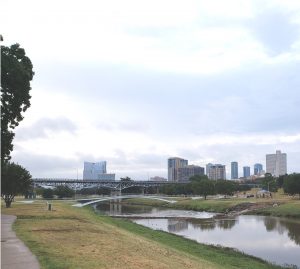
I’m often discouraged by individuals, congregations, and even denominations who define themselves more by what they are against than what they are for or what they say “yes” to.
Saying Yes
Earlier this summer the General Assembly of the Presbyterian Church (U.S.A.) approved the following statement as part of its consent agenda.
As confessing Christians, we trust God, whom we know through Jesus Christ, in whose name we pray as others pray in other names.
We are obligated to declare our concerns about the direction towards autocracy that our country is taking. We say Yes to God’s power of love and justice for the neighbor as well as the self, and we say No to demonic power that urges hate of the other, scatters blame, and creates civic discord.
We say Yes to our imperfect democracy with one person, one vote, and No to any corruption of our elections. We say Yes to universal health care and No to care based on the ability to pay. We say Yes to safe schools, houses of worship, and public gathering places; and No to civilian access to assault and/or military-style weapons. We say Yes to core human values and No to dividing our humanity by ideology and partisanship. We say Yes to bridges and preservation of families and No to walls. We say Yes to affirming and celebrating the full spectra of human identity and No to discrimination and bigotry.
We say: ‘In life, and in death we belong to God.”
So What?
A strong voice declaring Yes was heard across our nation yesterday as the counter-protesters outnumbered those who gathered for an event they named Unite the Right 2.
A dedicated and determined voice of Yes is essential for such as time as this.
- Share one way your congregation has come together to act as the voice of Yes in your community or the wider geographic area surrounding your community.
- As a follower of the Way of Jesus, what are some of the key things you stand for? How do others know about these?